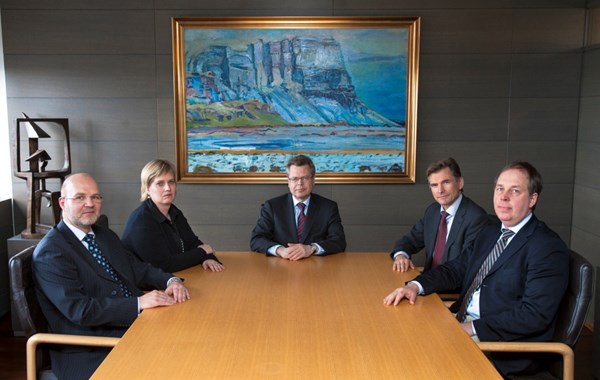Statement of the Monetary Policy Committee 11 December 2013

According to recently published national accounts figures, GDP growth for the first three quarters of the year measured 3.1%. This is considerably above the Central Bank’s November forecast and is consistent with previous indications of a strong labour market recovery.
The outcome of the current wage negotiations will have a decisive effect on the inflation outlook and therefore on near-term interest rates developments. Rates are likely to rise if wage increases are larger than is consistent with the inflation target, other things being equal, particularly if the margin of spare capacity in the economy continues to narrow.
As before, it is important that the final Budget maintains a level of medium-term fiscal consolidation at least equivalent to that provided for in the budget proposal.
The Government’s main proposals for reduction of indexed household debt have now been presented. Other things being equal, they will stimulate domestic demand. Because the spare capacity in the economy is disappearing, increased demand will raise inflation unless there is a change in the monetary stance. Stronger demand will also stimulate imports and narrow the current account surplus, which will contribute to a weaker króna than otherwise.
Given the scope of the debt relief measures and their distribution over time, a tighter monetary stance should suffice to bring inflation back to target in coming quarters, other things being equal. In implementing the measures, the authorities should consider ways to mitigate the negative side effects on the current account balance and inflation, thus reducing the need for countervailing monetary policy action.
A stronger economic recovery and the above-mentioned Government measures will require more rapid monetary tightening than previously expected, other things being equal. The degree to which such tightening takes place through changes in nominal Central Bank rates will depend on future inflation developments, which in turn will depend on wage developments and exchange rate movements.
11 December 2013
| Overnight lending rate | 7.00% |
| Seven-day collateralised lending rate | 6.00% |
| Maximum rate on 28-day certificates of deposit (CDs) | 5.75% |
| Current account | 5.00% |
